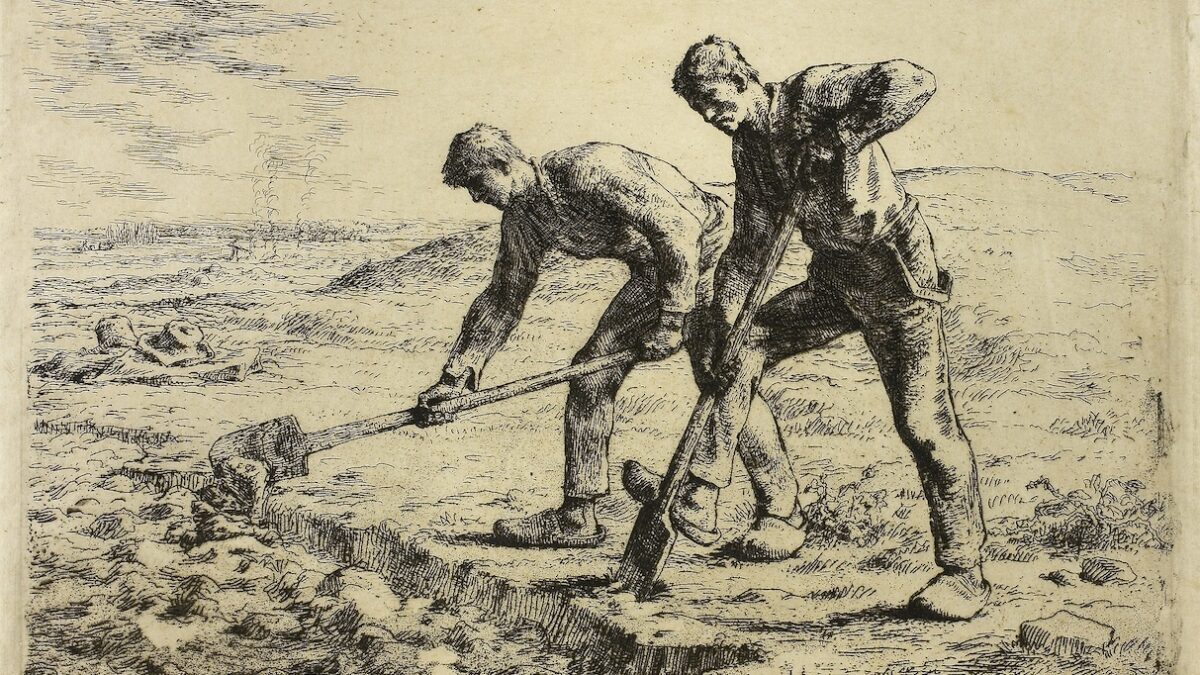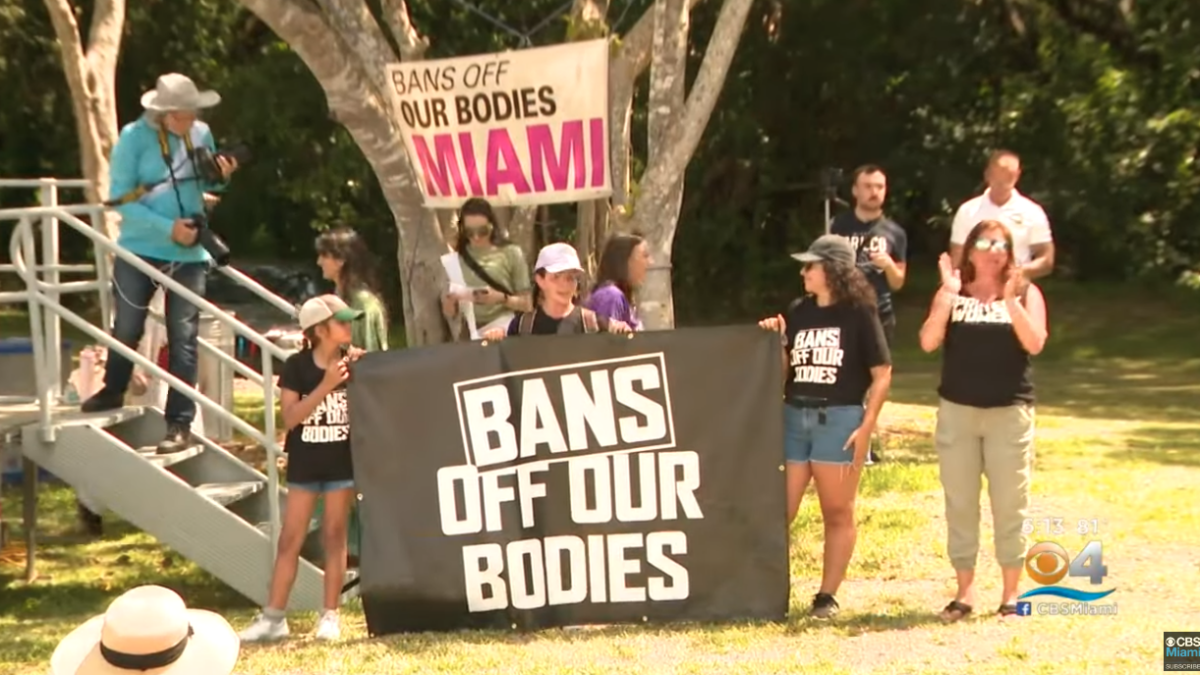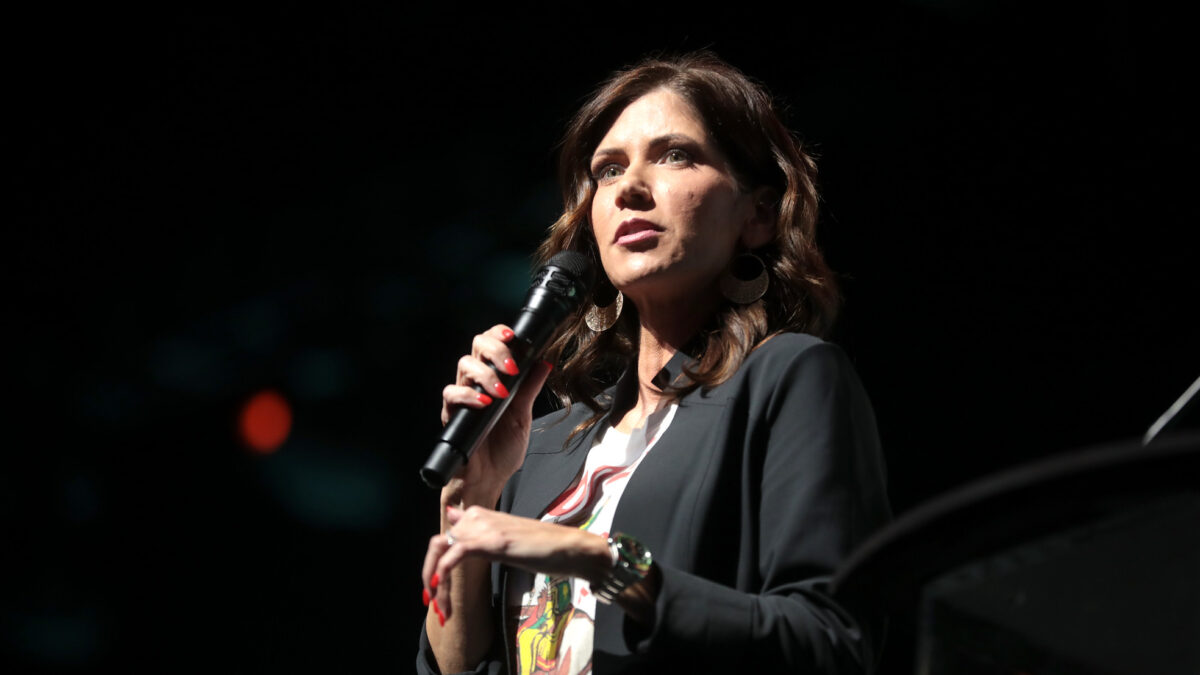
Victimhood is big business. Not coincidentally, it also has become the left’s favored means for pursuing redistribution of resources. As such, it is an economic exercise with economic consequences, and nothing has benefited more from these consequences than the left.
A quick scan of headlines shows the lucrative nature of victimhood today. It’s not only big business but small business as well — or at least that’s what Planned Parenthood tried to parlay it into. Despite being neither victim (just the opposite) nor a small business, and certainly not an intended recipient of COVID funds, Planned Parenthood raked in $80 million from the federal government’s Paycheck Protection Program, which was designed to help small business survive the pandemic.
Led by Sen. Rand Paul, R-Ky., several Republican senators are trying to claw back the money and extract an explanation as to how Planned Parenthood is being allowed to game the PPP program. Yet while Planned Parenthood may have scammed the PPP, they didn’t game victimhood. Indeed, what they did is part and parcel of the left’s victimhood progression. To the left, today’s victimhood is less focused on being a victim and more focused on cashing in.
Although the politics of victimhood is readily apparent, the economics of victimhood is far less so, but no less real. Currently, there are few more powerful political attributes than being proclaimed a victim. To be acknowledged as a victim gives an individual or a group far greater leverage in political or societal conflicts than mere sympathy alone. It’s also far more lucrative.
Often ignored in victimhood’s political leverage is that it is usually used to obtain resources. Victimhood frequently, if not inevitably, leads to compensation — money, access, power, notoriety. Furthermore, as the allocation of resources is the core of economics, victimhood has come to have a clear economic element.
To be sure, the recognition that political leverage can have an economic component is hardly new to either politics or economics. In the 1960s, the economist Gordon Tullock identified the action of using political power for economic gain. Such action amounted to the political attempt to gain more resources without creating additional ones.
A classic example of rent-seeking behavior is the licensing of taxi drivers and the exclusion of the unlicensed. A monopoly is effectively created, and supply is held below the level of demand. The government-enforced artificially constricted supply is thereby able to obtain increased returns without having increased their service’s productivity.
Successful rent-seeking in the classic sense requires certification and enforcement. Usually, the government performs these roles. Victimhood in its current iteration still requires enforcement to leverage resources, but the left, acting as an intermediary, has stepped into the role of certification.
At present, the American left’s certification of victims has become their primary function and the process follows a predictable path. The left certifies a victim, demands recognition, and approaches the government for compensation on the victims’ behalf. In this all too recognizable repetition, the left has been the biggest beneficiaries of their culture of victimhood.
Functioning like show business agents, the left develops clients for victimhood. Also like show business agents, this is where victimhood’s real windfalls go. Victims can last only so long and obtain only so much compensation, but the list of potential victims is limitless — and with it the left’s potential to benefit from them.
Successful clients for victimhood benefit the left through resource redistribution. The left continues to represent their successful clients, inevitably populating (and siphoning from) the government programs designed to help their recognized victims. Yet even when their clients fail to succeed in a rent-seeking quest, the left’s effort still reinforces their narrative: to paraphrase Shakespeare, “All the world is about victimhood and all the men and women potential victims.”
The economic cycle of victimhood is both straightforward and appealing to the left who encourage and represent it. Victimhood yields compensation, compensation encourages more groups to pursue victimhood, and the left’s share of victimhood’s compensation emboldens and enables them to seek still more clients for victimhood.
In time, all will seek victimhood, not just because the victimhood culture becomes pervasive, but because if you’re not compensated, then you are the compensator. Becoming a victim perversely becomes the only escape from the economic cost of the victimhood of others. Thus, victimhood culture expands — not through societal acceptance alone, but through the clear economic incentive from successful rent-seeking and the search for potential escape from rent-seeking’s confiscatory costs.
Like showbiz agents, the left is the real winner from their culture of victimhood. The more successful they are, the more victims they create. Worse for America, as the intermediary between victims and the government, like an agent, the left takes their cut — both from a share in the redistributed resources and as the arbitrator of who is awarded victimhood.
Through it all, their power grows. Just as in show business stars come and go but agents go on indefinitely, so too will it be with transitory victims and the intransigent left.









